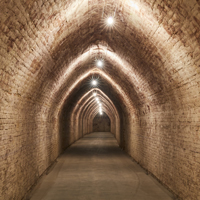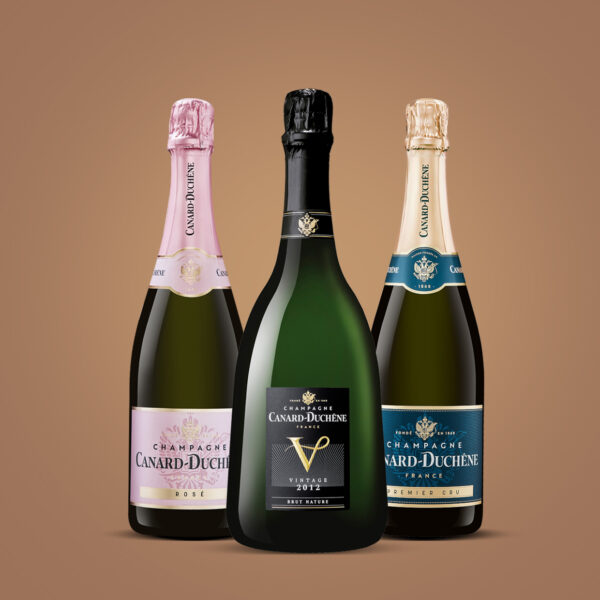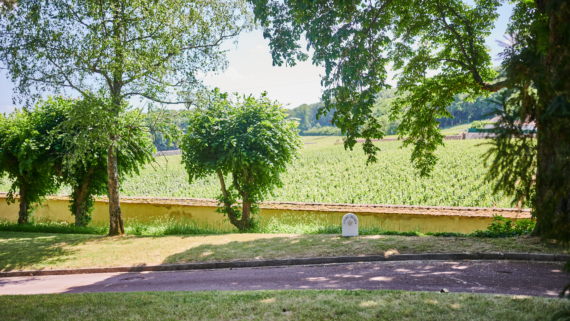The Mag
“Sabrer” or “sabler” champagne?

Surprisingly, these two rather similar sounding terms do not have the same meaning. Sabrage refers to a ritual marked by panache, whereas sablage refers to a way of consuming wine “cul-sec” [“bottoms up” in English] as was customary in the 17th and 18th centuries. A look back at two stories that have contributed to making champagne an exceptional wine.

“Sabler”
or to drink a glass in one
In Pierre Richelet’s dictionary of the ancient and modern language revised by Pierre Aubert, “sabler un verre de vin” meant to drink one’s glass in one go. The origin of the expression comes from the action of sanding (“sabler”) a medal when it was cast in a composition made of sand, the gesture had to be quick and expeditious. This word is used by some people to mean swallowing it all at once. In the same way that one throws molten material into the mould in a hurry, wine is thrown down the gullet and it is by this resemblance that one says “to throw in sand” or “to knock back a glass of wine”.
At the beginning of the 19th century, the term “sabler” changed its meaning according to the Petit Robert and became the symbol of abundant consumption during a celebration.
The masterful act
of sabring champagne
Sabring (“sabrer”) has a completely different meaning. Its use dates back to the cavalry regiments and in particular the famous hussars of the Napoleonic Guard. On their return from battle, the officers would break out the champagne with their weapons to glorify their victory. Even today, the gesture is still marked by a great deal of panache. At Canard-Duchêne, this ritual is part of our signature and our character, and we continue to offer an initiation to this spectacular gesture in the park of the Domaine.
The right way to sabre the champagne:
- Remove the cap to expose the cork and muselet.
- Hold the bottle at an angle in a safe direction and place the blade in the middle of the bottle, cutting from your side.
- Slide the blade flat across the glass from the middle of the bottle towards the cork like a caress.
- The repeated rubbing causes a clean break: the cork, the snare and the neck fly away as if by magic, and all that remains is to serve the guests, to whom this flamboyant ritual is always a surprise.
Today, it is important to know that the term “sabler” or “sabrer” champagne is used interchangeably. Indeed, over time the term “sablage” has lost its original meaning and become a synonym for “sabrage”. “Sabler” or “sabrer”, it doesn’t really matter, both terms are used to refer to the famous ritual.






